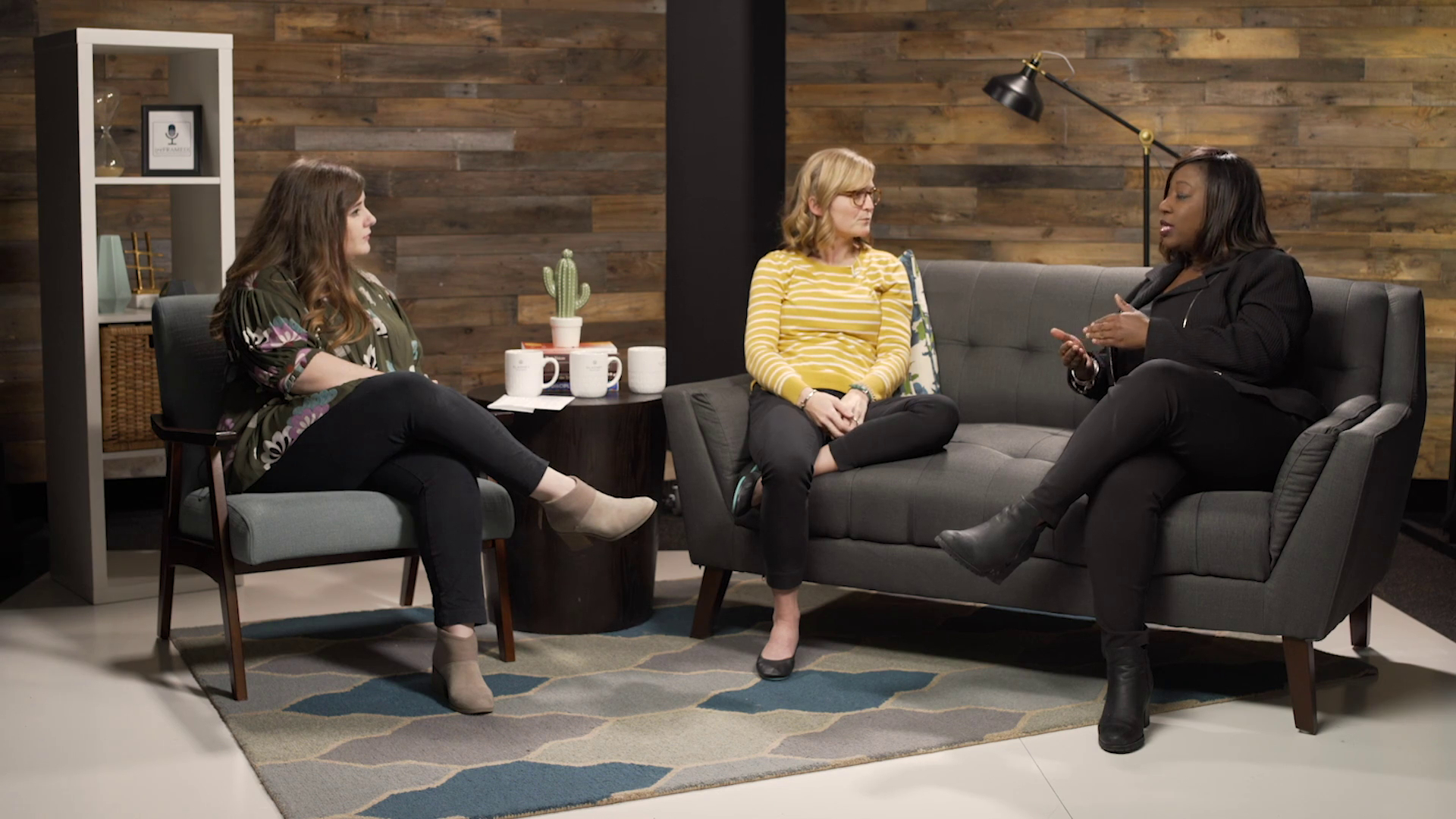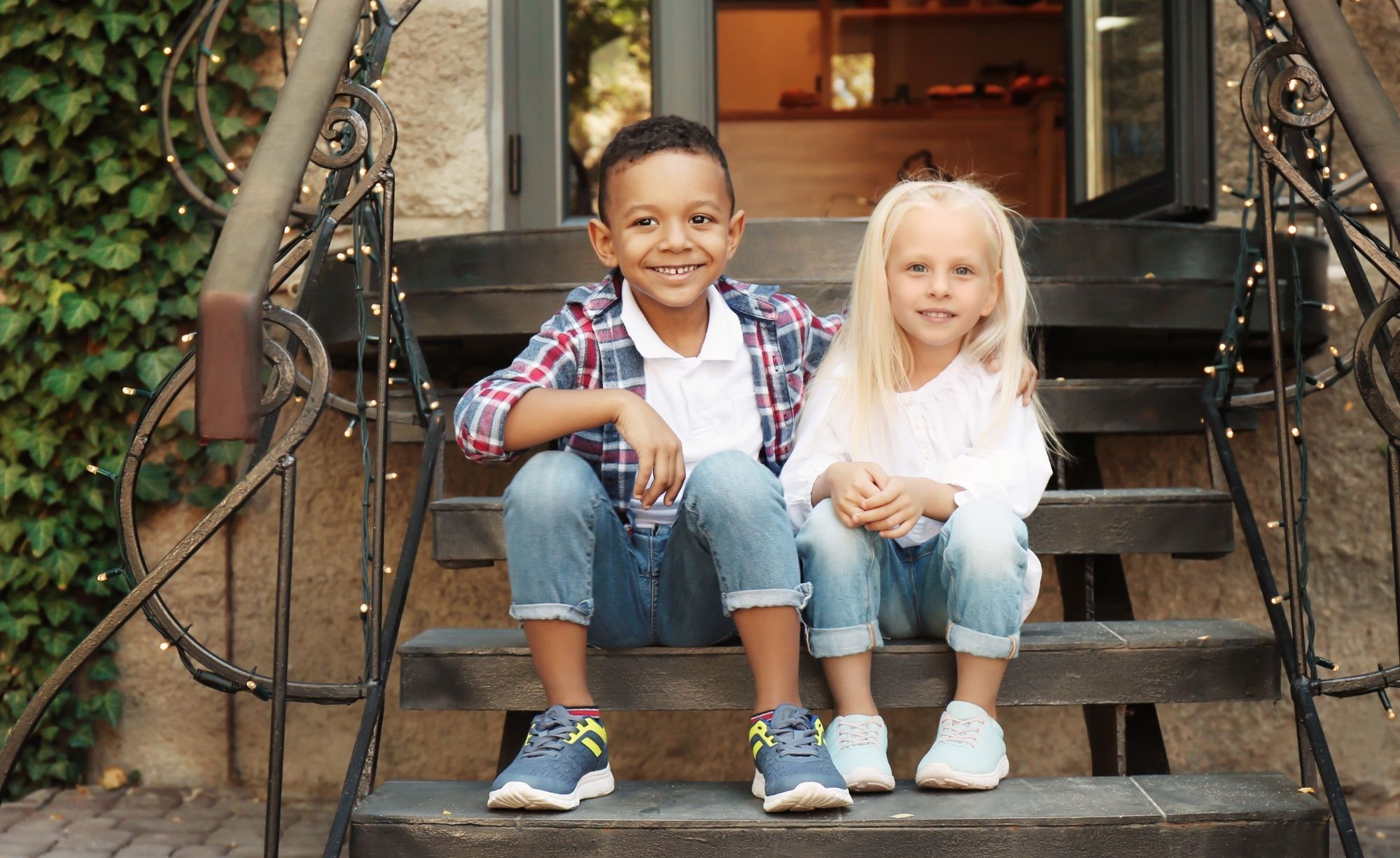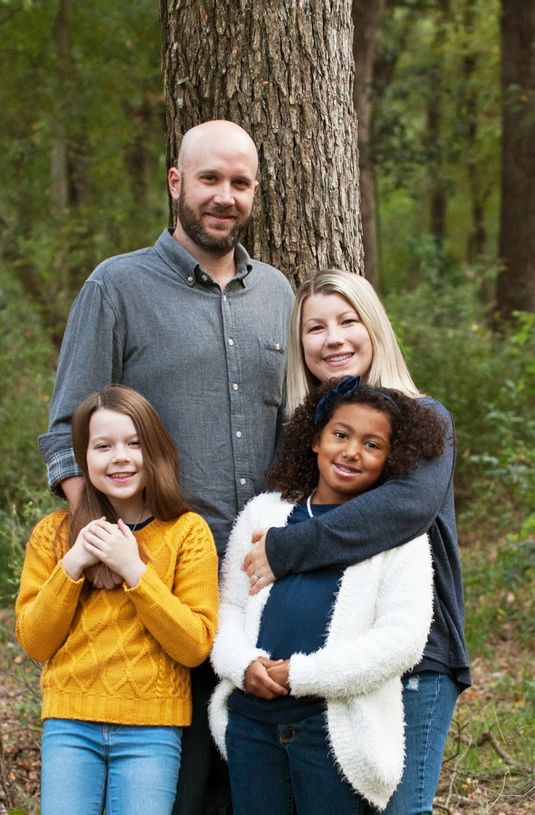

In that moment in my young brain, I did take note of how I was different - different than my family, different than my peers and their families - and I wondered to myself for the first time if the way I looked was unfavorable and if the way my family looked/came together was unnatural and bad. At such a young age, children don’t have the language to express how something like this would make them feel, but rather harbor it inside them. They say for transracial adoptees, one’s peers and classmates will provide the first real acknowledgment of the noticeable differences between the adoptee and their family.
HISTERA TRANSRACIAL SKIN
I didn’t fully understand at this point why my eyes did look the way they did, or why my hair was black, and my skin darker than my mom’s and dad’s. It’s time.“I was sitting in my first grade class when one of my classmates came up to me, pulled their eyes back and asked, ‘Emma, why do your eyes look like this?’ At six, I didn’t comprehend the cruel action unfolding in front of me, but I knew it didn’t make me feel good inside. For this, I need an adoption support group.
HISTERA TRANSRACIAL HOW TO
But, we don’t discuss how to tell our children they were adopted, how to explain to them that they have two families, how to navigate the emotional roller coaster of open adoption, or how to deal with awkward questions from strangers. I meet with other mothers for coffee and we talk about sleep, introducing solids, and how to carve out time for yourself. Luckily, I discovered a moms’ group which has given me a focus for each Thursday.

They have their babies together and take delightful photos of them all lined up on the family couch. Most mothers were part of a pre-natal group. It took about two months for the mayhem of icy cokes, chips, and tea and cookies for visitors to abate. We got a lot of well-meaning advice on our openness arrangement from friends and family who were looking out for our best interests but did not fully understand the importance of the relationship. We were stunned and emotionally overwhelmed by each birth family visit, and thrilled but exhausted by each friend’s visit. People dropped off cloth diapers, a Moses basket, sheets, bottles, toys and more toys, stuffed animals, bags of clothing, blankets, strollers (yes, two strollers), a car seat, a bouncy chair (the Oeuf, which saved my life), parenting books (two), carriers (two Baby Bjorns), and food that fed us for literally weeks. We had countless friends and family visit us, and the generosity of these parents “who had gone before” still staggers me. When Theo arrived, we saw a lot of his birth family, social workers, agency people, friends, and family. I wish I’d known how important adoption support is. It was around the 10-week mark when he started sleeping, smiling, giggling, and squealing that it all started to sink in: we were his parents, and we were madly in love. During those initial weeks, I could not call myself a mother, refer to “us” as a family, or call him my son. We always felt thrilled to be with our new baby, and excited about our new role as parents, but we sort of wondered who he was. I asked friends who gave birth to their children, and many said it took months before they felt a strong bond with their child. Our lives had been turned inside out with only two months of preparation. When Theo came home, we felt like we were caring for a tiny, little stranger, like we were babysitting. I wish I’d known that falling in love with your child is not always immediate. Miraculously, a day arrived around 10 weeks when he slept for four hours in a row-I felt like we’d conquered Mount Everest. In retrospect, I don’t think there’s much you can do other than respond the best way you can and tough it out. During that time, I’d cuddle and watch him while trolling the Internet for tips on how to make him go to sleep. For over six weeks, Theo would be awake nightly for three hours from 2am to 5am. The wake-ups every two hours, the 45-minute feeding stints, the “day/night” mix-up (where babies sleep by day and party by night) were a shock to the system. Nor, it seemed, had any of my adoption “expertise” prepared me for a hysterical baby at 2 am. I was well-versed in transracial issues, openness, the legal process, and the homestudy but had no idea what size diapers a newborn wears, how to bottle feed, what kind of formula to buy, where the baby sleeps, how to dress a newborn, and how to find other parents with newborn babies.

We were so focused on the details and issues surrounding adoption that the minutiae and stress of parenting came as a real shock.

I wish I’d known more about the realities of parenting a newborn baby before adopting. Since Harriet Fancott adopted a baby last year, she's had time to reflect on what, despite all her preparation, she wasn't prepared for.


 0 kommentar(er)
0 kommentar(er)
